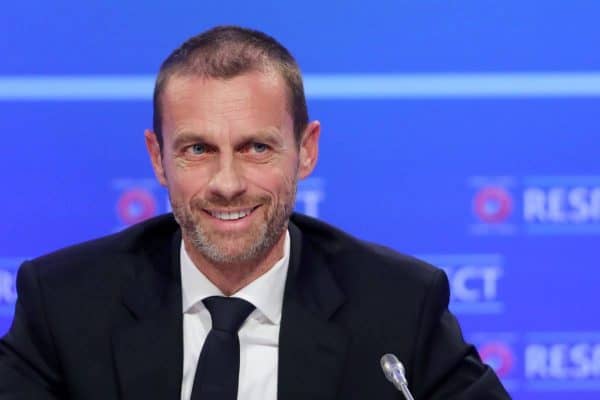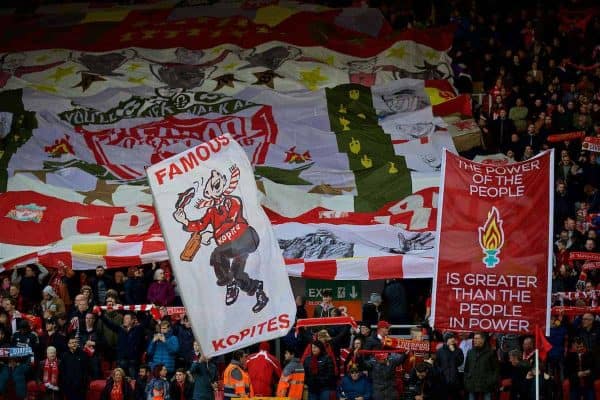While the Super League dominated headlines, UEFA were also busy pushing through their controversial Champions League reforms for 2024 and beyond.
More clubs, more games and a logistical nightmare was given the green light on Monday as UEFA sanctioned a new 36-team Champions League competition slated to start in season 2024/25.
The format has been heavily scrutinised, and for good reason, with it being another power grab that places domestic cup competitions and fixtures under threat – not to mention the interest of fans placed on the backburner.
The competition’s current 125 game system will rise to 225, with the group stage no more as clubs will be tasked with facing 10 different teams – five home and five away – in a single, seeded, league.
A baby Super League concept if you will with UEFA in charge, the format will see the top eight performing sides automatically qualify for the knockout rounds.
Those who finish ninth to 24th will then compete in a two-legged play-off to move onto the last 16, with the remaining 12 clubs eliminated and with no drop down into the Europa League.

- New format includes 36 teams, as opposed to 32
- No group stage, each team will play minimum of 10 games
- Top 8 automatically qualify for last 16, 9th-24th play two-legged playoff
- Historical coefficient entry highly controversial
- Fan groups continue to slam plans
The competition will then finish as the existing format does, but the competition guarantees each of the 36 clubs will play a minimum of 10 games as opposed to the current six.
A major sticking point is also how the ‘new’ teams will qualify, with two to be given a place based on historical European performances and considered if they finished their domestic campaign in a Europa League or Europa Conference League position.
For example, Liverpool’s club coefficient is currently ninth and if the Reds finished the Premier League season outside the top four but still in another European place, they would be all but guaranteed entry.
UEFA justify the reconfiguration as one which will allow fans “more opportunities to see Europe’s top teams playing each other earlier” and that “every game counts.”
It coincidentally overlooks the added time and cost for fans as the rich get richer with a monopoly of commercial rights, and where equal opportunity is still not available to clubs not considered to be in the ‘elite’ category. Weren’t we just fighting against this?

Seventeen fan groups from 14 clubs have already sent an open letter showing their distaste while Liverpool’s Spirit of Shankly have called for action against the “disgrace” of a format.
UEFA talked the talk in their opposition to the Super League, but the new format shows they are not football’s good guys and all eyes will no doubt turn their way in the coming days and weeks.

















Fan Comments